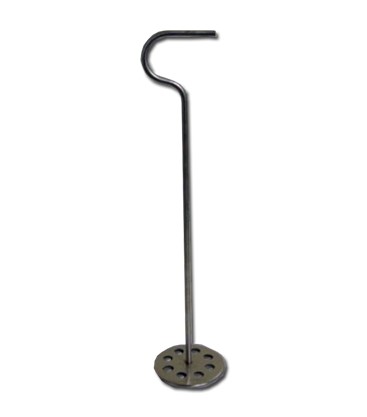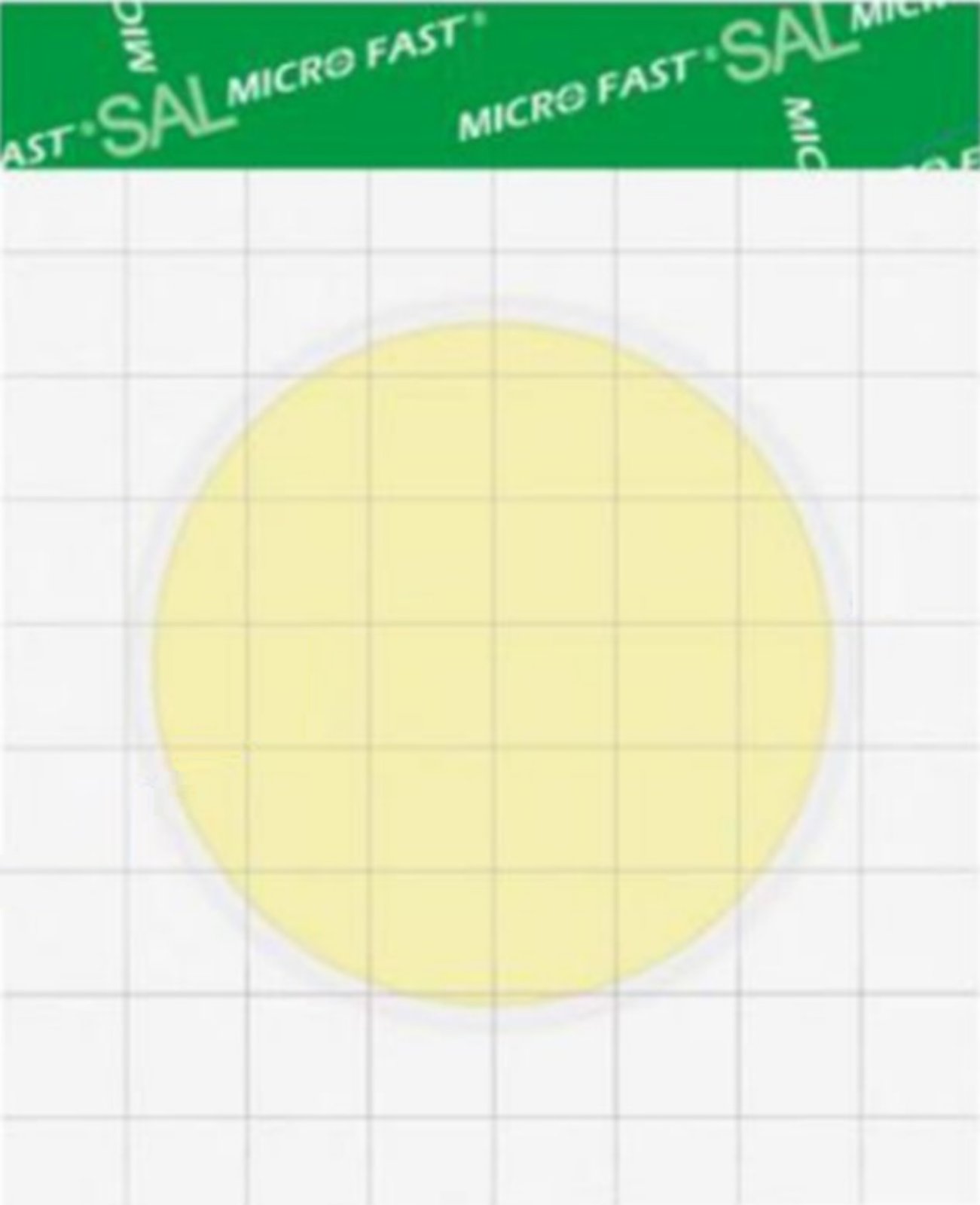Sanctions on Tinkoff and Unistream. How will they affect banks and transfers
Tinkoff Bank, Unistream, Solidarity and Loco-Bank fell under tough US sanctions . RBC figured out how this could affect the financial institutions themselves, as well as the transfers of Russians and migrants abroad
On July 20, the day businessman Oleg Tinkov was withdrawn from the UK sanctions , Tinkoff Bank founded by him, whose shareholder ceased to be a shareholder in 2022, fell under the most severe restrictions - blocking US sanctions. The new round of sanctions has also affected other financial institutions and has become the most visible since February this year, when the US SDN list and the UK and EU sanctions lists included many banks that had previously avoided such restrictions.
How new persons on the sanctions list react to being included in it
How new sanctions will affect the business of Tinkoff Bank
What does this mean for Tinkoff Investments clients?
How the new round will affect UnionPay cards and transfers abroad
For Tinkoff Bank, whose largest but non-controlling shareholder is now Interros of billionaire Vladimir Potanin, these are not the first sanctions - they have already been introduced by Brussels and London . But the new restrictions mean blocking DOLLAR assets and transfers in this currency ( CANADA imposed similar tough sanctions against Tinkoff ). At the same time, the restrictions affect the Russian Tinkoff Bank, and not its parent structure TCS Group, registered in Cyprus. Trading in depositary receipts of TCS Group Holding PLC on the Moscow Exchange will continue without restrictions, a representative of the exchange told RBC.
The United States, in addition, included in the SDN Loco-Bank, Solidarity Bank, St. Petersburg Social Commercial Bank (PSKB), as well as Unistream Bank, the operator of the payment system of the same name (one of the three largest along with Zolotaya Korona and Contact). RBC figured out how the new round of sanctions will affect Tinkoff, whether the new restrictions will reduce the ability of Tinkoff Investments clients to invest in foreign assets, and what will happen to transfers abroad.
How new persons on the sanctions list react to being included in it
Tinkoff Bank : “We were preparing for this turn of events and will do our best to make this news as unnoticed as possible for our clients. Now we find out what impact the imposed sanctions will have. Tinkoff products, services and applications work as usual.”
"Tinkoff Investments" : "We have prepared for any possible events."
Loko-bank : “Loko-bank continues its operating activities and fulfills its earlier obligations. US restrictive measures against Loko-Bank affected settlements in US dollars. Loco-Bank will complete all transactions in US dollars by October 18, 2023 (the deadline for the completion of the corresponding license from the US sanctions regulator OFAC. -). The introduced restrictions do not affect the work of the bank within RUSSIA. All products and online services are available as usual.”
"Solidarity": "The Bank continues to work on operations in the normal mode without changes. We were ready for this kind of restrictions and tried to do everything so that our services were not influenced by unfriendly countries. But, unfortunately, due to the fear of secondary sanctions, some counterparty banks may restrict the ability to accept money transfers from a bank abroad. If you are currently in another country, we recommend withdrawing cash today [July 20]."
Unistream: “Taking into account the geopolitical situation and the current international practice of working under sanctions and restrictions imposed on Russian banks, the bank has developed an infrastructure solution that allows uninterrupted interaction with partners in the normal mode. This decision will be implemented as soon as possible... The Bank is fulfilling its earlier obligations and intends to continue active work with partners around the world, including with the use of national currencies, the share of which will increase.”
PSKB did not respond to RBC's request.
Read PIONERPRODUKT .by In CHINA, the "nightmare" of the IT sector has ceased. NetEase papers rose by 85% $ 1 trillion bet: how Nvidia became the main supplier of "brains" for AI Russia entered into a DTA with Oman. What taxes do not have to pay twice From the HEAD of Renault-Nissan to prison: the story of the "cost killer" Carlos Ghosn
How new sanctions may affect the business of Tinkoff Bank
In 2022, not yet under Western sanctions, Tinkoff Bank remained profitable. At the end of the year, its financial result amounted to 20.8 billion rubles. according to IFRS - three times less than the pre-crisis level. However, in the first quarter, the net profit of TCS Group, which is formed mainly due to the bank's performance, reached 16.2 billion rubles. (.pdf).
Investors at the moment reacted negatively to Tinkoff Bank falling under US sanctions - the shares are going down, but the new restrictions will not have a strong effect on business , says Elena Tsareva, an analyst at BCS. She points out that the blocking threatens Tinkoff's correspondent relations with counterparties abroad, but believes that "in stress scenarios, the bank allowed such a development of events and prepared in advance."
Tinkoff is, in fact, a monoliner bank that serves about 28 million retail customers. Obviously, funds in settlements are under potential threat, and individual balances on correspondent accounts cannot be ruled out. At the same time, over the course of the year, the bank has likely reduced such asset classes to a minimum,” agrees independent analyst Andrei Barkhota.
In 2022, Tinkoff significantly cleared the balance sheet from assets in dollars and euros, RBC wrote. Dollar assets decreased by 39.7%, to 124.56 billion rubles, while liabilities in US currency at the reporting date amounted to 129.8 billion rubles, which is 43.2% less than the balances at the end of 2021. The volume of dollar derivatives on the balance sheet for the same period sank 4.6 times, to 6.4 billion rubles. Thus, the bank's open dollar position at the end of 2022 amounted to only 0.8 billion against 6.6 billion rubles. a year earlier. During the same period, the assets of Tinkoff Bank in euros fell 2.4 times, to 23.1 billion rubles, while liabilities decreased only by 46.7%, to 25.1 billion rubles. For this currency, the open position turned from long (assets exceed liabilities) to short (liabilities exceed assets) and amounted to about 2 billion rubles.
Tinkoff Bank has already recorded indirect losses from sanctions - in June 2022, it was among the players whose euro accounts were frozen in the National Settlement Depository due to EU restrictions . We are talking about balances of 5.2 billion rubles, follows from the statements for the first quarter (.pdf).
The new sanctions will not have a direct and immediate effect on the bank's financial performance, Barkhota said. “Nevertheless, the narrowing of transactional opportunities for customers can reduce customer loyalty and the influx of new customers, which will lead to a decrease in potential business volumes and a decrease in margins. The effect of the imposition of sanctions can be estimated at minus 3–5 p.p. to the bank's profitability in 2023 compared to the level achieved in the absence of sanctions,” the analyst predicts. At the end of the first quarter, the return on equity (ROE) of TCS Group was 30.5% - above the sector average (28.9%, according to the Central Bank). A year earlier, at the peak of the crisis, it fell to 3.1%.
What does this mean for Tinkoff Investments clients?
Tinkoff Investments noted that the company was prepared "for any possible events." As a general rule, getting a company into the US SDN means that it loses access to all assets denominated in US dollars. But in February 2023, after Tinkoff Bank and the companies included in its circuit fell under blocking EU sanctions, Tinkoff Investments clients were transferred "to a new non-sanctioned company." Thanks to this, in mid-March, Tinkoff Investments resumed trading in a part of foreign securities: securities of friendly jurisdictions ( China , Hong Kong) and "a limited number of American securities" became available to investors.
“Transactions are executed through an independent infrastructure for clients to access trading operations with foreign securities,” the company explained. The same decision will allow customers to retain access to foreign assets even after the introduction of US blocking sanctions, a representative of Tinkoff Investments specified to RBC.
SPB Exchange specializes in trading foreign shares in Russia. “SPB Exchange operates in compliance with sanctions regimes and restrictions. Subject to the restrictions, SPB Exchange acts in the interests of trading participants and their clients - retail investors, ”a representative of the site told RBC.
At the end of 2022, the number of clients of Tinkoff Investments amounted to more than 4.2 million people, follows from the company's financial statements under IFRS. At the end of the first half of 2023, the company did not disclose the number of customers.
How the new round will affect transfers and settlements abroad Tinkoff Bank and Solidarity are card issuers of the Chinese UnionPay payment system. In February 2023, five banks that were included in the SDN, such cards stopped working abroad. In Russia, all card transactions go through the National Payment Card System, so restrictions do not affect their performance within the country.
Tinkoff has already warned customers about these consequences. The UnionPay card will "actually stop working" overseas on July 21, and the bank will stop issuing it shortly, a customer service official said.
Tinkoff Bank has been consistently reducing the possibility of making cross-border transfers since 2022. However, it still conducts transactions abroad using SWIFT to some friendly countries, as well as by phone number or card to the CIS countries in rubles or in the currency of the recipient's account, follows from the information on the bank's website. However, in practice, the availability of such transfers depends on the specific banks that accept the items, the RBC correspondent was convinced. SanctionsFor the first time, the United States touched on the money transfer system - Unistream is usually used by labor migrants who use it to transfer salaries from Russia to their families, in 2022 this system also became in demand among Russian emigrants. OFAC, when imposing sanctions, was probably guided by a desire to damage a number of popular channels of interaction between Russians and the outside world, which have been gaining popularity in recent years, says Andrey Shpak, a partner at Tomashevskaya & Partners. Two largest Georgian banks have already reacted to the imposition of sanctions against Unistream: the company disappeared from the list of payment systems for crediting transfers in the TBC bank application, and Bank of Georgia support informed customers that it was impossible to credit transfers using Unistream, one of the clients told RBC.
The restrictions will increase the risks of introducing secondary sanctions for foreign financial institutions interacting with Russian credit institutions. However, this does not mean that they will completely stop interacting, the partnership may remain for operations in rubles or other friendly currencies, Shpak believes. Unistream itself has already announced the development of an infrastructure solution that "allows you to continue interacting with partners in the normal mode without interruption." For mutual settlements with the participation of foreign organizations, the bank intends to use national currencies.
There are still other money transfer systems for making non-cash transfers, and for making non-cash payments, either Mir and UnionPay cards, which work in a limited number of countries, or cards of foreign banks, which became popular among Russians last year, notes Ekaterina Semerikova, a leading researcher at the blockchain and fintech laboratory of the Skolkovo School of Management. For Russians, there are also opportunities to make payments through second- and third-tier banks, some of which still have such an opportunity, Shpak adds.




























































